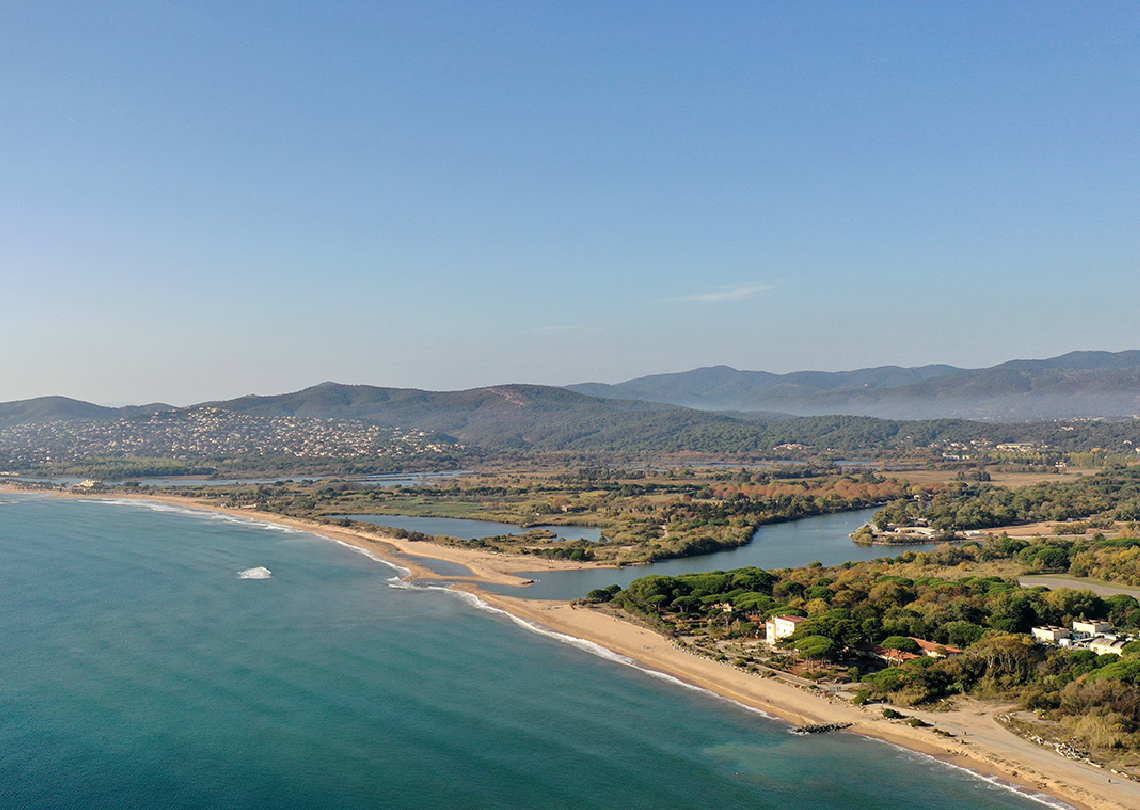The Realities of Rural Living
Paul Race

For those of us living in large towns and cities changes in the way people are able to bank provide new opportunities alongside some minor inconvenience as branch numbers are reduced and there are fewer free to use ATMs. But what about those who live in more rural areas?
The importance of these changes was brought home to me after speaking to a colleague who has just returned from an Easter break in Pembrokeshire in West Wales. For someone used to a mobile lifestyle the first surprise on arriving at their beachside cottage was to discover that there was no mobile signal, something they only discovered when the phone 'pinged' on the way to the shops announcing three missed calls from their son. His car had blown a tyre on the way to picking up his girlfriend at Luton airport. The good news was he was safe but there were a number of logistical issues. He had a job interview at a remote location the next day and would need to take an expensive taxi ride. No problem thought my friend, we'll transfer some money when we've finished shopping.
When they got to the shops, they were surprised to find that a number of them didn't accept cards. The reason, they were told, was a poor Wi-Fi signal that made such transactions problematic. OK, they'd get cash. There were two ATMs in the small town since the bank had closed a few years earlier. Except the free machine had run out of cash. Rather than paying to withdraw funds my colleague did something he'd never done before. He withdrew cash over the counter at the local Spar / Post Office. Of course, this can only be done during the Post office opening hours.
On returning to the cottage they reconsidered the options for transferring funds to their son's account only to discover they had not brought with them the necessary security information to make a transfer via the Internet. They'd need to use the local branch, except there wasn't one. No problem, he remembered there was a branch of his bank at nearby Tenby. However, a quick internet check of the opening times revealed the branch had closed two years previously. The nearest branch was now in Pembroke Dock some 12 miles away. But hang on, there was a mobile branch available in a Tenby car park that provided a limited range of services. They were in luck. It was one of the three days on which it was available but opening hours were limited (10 till 12) and the branch was scheduled to close in half an hour's time.
After a frantic drive and search they found the right car park with five minutes to spare. Banking in a van was another first-time experience but it proved satisfactory thanks to the attentions of the efficient staff that hosted the mobile branch. After successfully completing the transfer and since they had had to pay for an hour's parking they strolled into the town for a coffee. When they returned thirty minutes later, banking services and the van had vanished, not to return for another 46 hours. Another thought struck him. Medical reasons mean he is no longer able to drive, had his wife not accompanied him the mobile branch would have been inaccessible via public transport. The bus would have arrived ten minutes too late. How did other people manage in this situation?
The Pembroke Dock branch was only 12 miles away but after getting the bus to Tenby (a fifteen minute journey) the train took a further 28 minutes and perhaps more importantly ran every four hours!
Cash is still widely used in this popular tourist area. Almost exactly two years ago Tenby underwent what could be described as a Bank Holiday crisis when all the bank cash machines ran out of money and the situation led to the Post Office providing cash withdrawal facilities to 600 people. The average withdrawal was £60.
Now this is just one example of the new banking environment but I'm sure it's not unique. For those of us for whom a cash machine closure means a walk across the street to an alternative I hope it throws light on very real concerns being expressed in some rural and tourist areas where demand for services peaks at certain times of the year. Limited cash withdrawal facilities, poor mobile signals, bad Wi-Fi connections making card payments unpopular with some retailers and disappearing branches all have implications for residents and visitors alike.
So how was the holiday?
"Fantastic! But life at the seaside certainly isn't stress free".